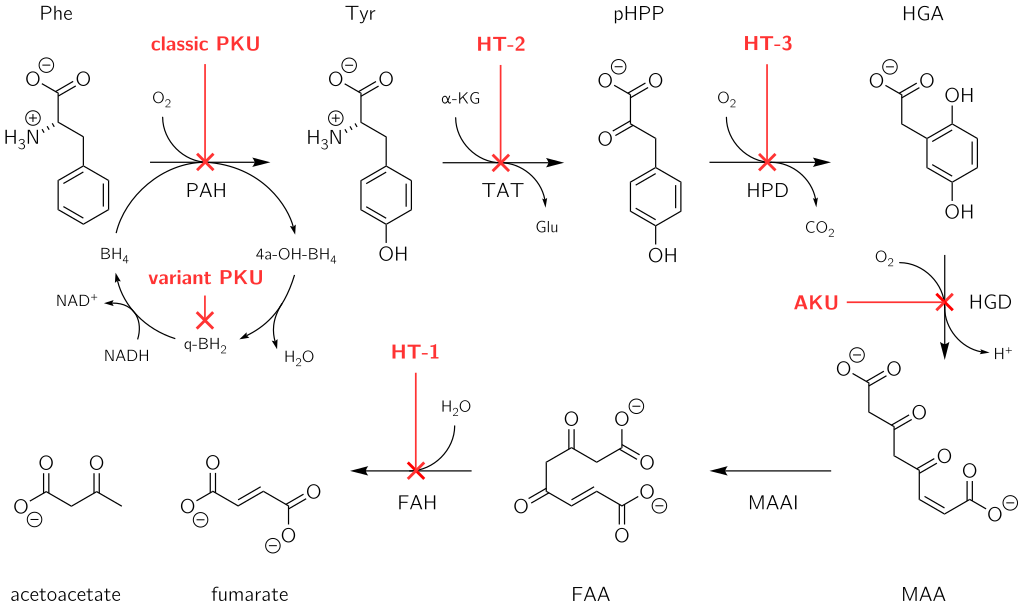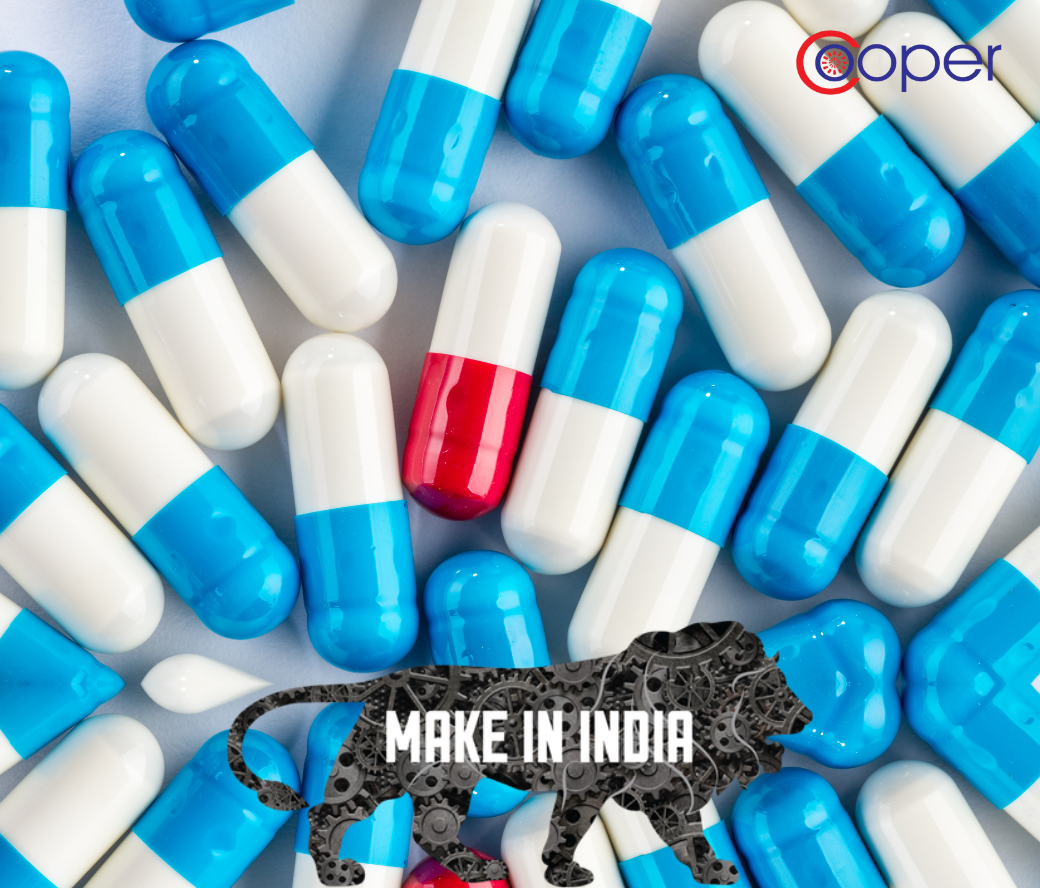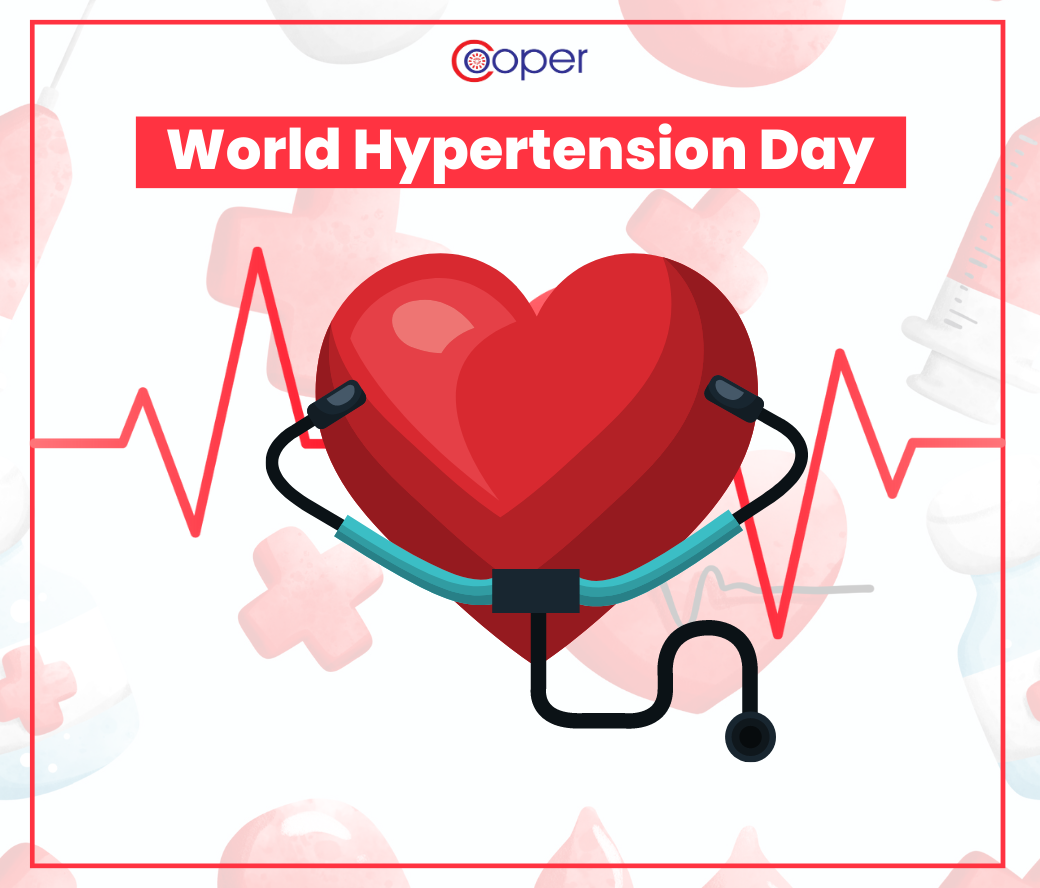The Scope Of Pharmacy In India
Recent Blog

The Scope Of Pharmacy In India
Date:- 2018-09-21 00:00:00
The scope of pharmacy brings a huge day to day management of patients by providing the efficient drug delivery system. The need for pharmacy becomes more evident in the provision of essential drugs. In the coming decades, pharmacists are expected to become more integral within the health care system. Rather than simply dispensing medication, pharmacists are increasingly expected to be compensated for their patient care skills. They also provide clinical services to their patients. These include all medication analysis like prescription, non-prescription and herbals being taken by the patient. Pharmacy education plays an important role in guiding pharmacists to move in a right direction and dosage of medicine use is highly recommended by them for the patients.
Indeed, effective medicine can be practiced only where there is effective drug management. Pharmacists play an important role in participating in formulating health and drug policies, particularly those on the selection, procurement and distribution of drugs. The profession of pharmacists has been increased in the scope of pharmacy in delivering drugs and they are in demand as a vital member of the healthcare team can lead the necessary supporting services are organized with the professionalism in the supply and dispensing of drugs.
Career of Pharmacists:
Pharmacists are employed in regulatory control and drug management, community pharmacy, hospital pharmacy, the pharmaceutical industry, academic activities, training of other health workers, and research. In all these fields, their aim is to ensure optimum drug therapy, both by contributing to the preparation, supply and control of medicines and associated products, and by providing information and advice to those who prescribe or use pharmaceutical products.
Pharmacists are prominently engaged in agencies, such as boards of pharmacy, that establish criteria for the registration of pharmacists or licensing requirements, register pharmacies and pharmacists, and monitor the way pharmacies are operated and the professional conduct of pharmacists. Pharmacists employed in these bodies perform a variety of technical and administrative functions in professional bodies and in drug- and health-related agencies, e.g., the World Health Organization, the International Narcotics Control Board, the United Nations Division of Narcotic Drugs, the United Nations Commission on Narcotic Drugs, the United Nations Fund for Drug Abuse Control, Interpol, national pharmacopoeial committees, and pharmaceutical societies.
Community pharmacy is basically designed to access the need of the public. They can be found on the high street, rural villages and might be there where deprived communities live. They are recognized at that time when health care professionals are not available. Primarily, community pharmacists were supposed to use prescriptions written by doctors but now their role has been changed. Doctors are known to diagnose disease and prescribing drugs related to it but they are not dealing with drugs. The only pharmacist can learn about drugs and their effects and now also plays a vital role in prescribing drugs.
Hospital pharmacy provides long-term care facilities, may be operated by the government or privately. This facilitates clinics, drug dependency treatment facilities, drug centers etc. The role of pharmacists is almost usually the same in both the pharmacies. Hospital pharmacy has more opportunity to interact closely with the prescriber and, therefore, to promote the rational prescribing and use of drugs. Pharmacists work in hospital pharmacy gain experience by interaction with the seniors. It is a better place to educate other health professionals about the rational use of drugs. Moreover, easily participates in studies to determine the beneficial or adverse effects of drugs. They also take part in the planning and implementation of clinical trials.
.Future of Pharmacy Business in India:
The growth of pharmacy is significantly increasing in India in the last few decades. It is one of the strongest economies in the world today. Though India will have to work harder in convincing people about the originality of drugs and making them familiar with it. The Indian pharma industry has been growing at a compounded annual growth rate (CAGR) of more than 15% over the last five years and has significant growth opportunities. However, for the industry to sustain this robust growth rate till 2020, companies will have to rethink their business strategy. They will have to adopt new business models and think of innovative ideas to service their evolving customers faster and better. As far as various business prospects are concerned, here are a few areas that show a promising future. People are aspiring for making a bright career in pharmacy also find it lucrative.
Future in Pharmacy Career:
Pharmacists in the industry are employed in a variety of positions. The educational requirements for these positions are often similar for the same company. Most pharmacists in industry work in the following areas: research and development all phases of drug product development, sales and marketing, corporate administration, all phases of clinical trials research, drug information, manufacturing, regulatory affairs, health policy, scientific/ professional affairs (e.g., professional relations, professional education, medical science liaison, medical information), and quality control.
Research and Development (R & D):
Research and development is the core field of pharma business. According to the business analyst, there will be a high demand for qualified pharmacists. Resources that possess a higher degree such as M.Pharma or PhD will get priority.
- Research on new drugs
- Process development
- Formulation
- Development
- Clinical trials
- Toxicological studies
- Formulation & Development
Pharmacists work in R & D department not wholly engaged in doing research. They used to give 30% of their time doing research. This is followed by 20% of their time on project management, 15% of their time on department management activities, 9% for personnel management, and 5% for data management. Notably, they also listed that 21% of their time is spent on other activities not listed in the survey. R&D activities may take on many forms ranging from the development of new chemical/drug entities to the evaluation of existing products for alternative indications.
Primarily, students were not seen as courageous to make their career in the pharmaceutical industry. After a while, they have been moved at an entry level of pharmacy and chose a career in pharma like as PharmD, B. Pharma and M.Pharma. They were also supposed to attain an advanced degree like MA, MS, MBA, PhD, or other.
Likewise, Analysis and Testing; Quality Control and Quality Assurance are the specific areas where you can learn technical and analytical work with sophisticated equipment. For this, Pharma Company requires highly skilled and experienced people. These are the areas where a lot of job opportunities will never come to an end and always seek the presence of employees.
Manufacturing:
As the demand for medicines increases, new industries are coming up to manage production and operation in these industries, entrepreneurs need qualified people. In a production industry, various skills are required starting from production to operation, and maintenance to quality control, the need for human resources is everywhere.
Sales and Marketing:
It is not enough to manufacture pharmaceutical products in manufacturing units. It is equally important to take them to the customers. Sales and marketing teams play a vital role in it. They explore the markets and find out areas with high business potential.
People who have a good calibre of convincing others can make a bright career in sales and marketing of the pharmaceutical industry.



















.png)


